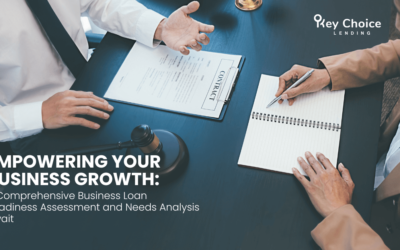Business Lending: Exploring Different Loan Types: Variable Rate vs. Fixed Rate

Unlocking Growth: Equipment as Collateral for Financing
Discover how business equipment can serve as valuable collateral for financing, providing opportunities to fuel your enterprise’s expansion. Learn about different funding arrangements and their implications for borrowers in terms of taxation and ownership. Get ready to explore the possibilities that await your business as you leverage equipment to unlock its growth potential.

Business Equipment
When acquiring or leasing a new physical asset, it can often be used as collateral for financing. The terms of asset finance depend on the asset’s expected useful life and valuation.
Similar to commercial property, credit providers prefer non-specialized assets that can be easily liquidated. Assets purchased from established vendors are considered new and have common usage, making them more attractive to lenders.
There are various funding arrangements available, including:
- Finance Leases (Operating, Novated)
- Commercial Hire Purchase (CHP)
- Chattel Mortgage
- Rental Agreements
Each structure has different implications for borrowers in terms of taxation and ownership. Therefore, it is advisable to seek professional advice when considering this type of financing structure.

Conclusion
Leveraging business equipment as collateral for financing can be a game-changer for enterprises seeking to expand and unlock their growth potential. By using equipment as collateral, businesses gain access to much-needed capital that can be utilized to invest in new projects, hire additional staff, or upgrade existing operations.
This financing option offers an attractive alternative to traditional loans, allowing businesses to maintain liquidity and preserve their cash flow while still accessing the funds necessary for growth.
Secure your business growth now! Book a meeting on our website. Our team will assess your financial position, industry experience, and secure the financing you need.
Disclaimer: The information provided in this blog is for educational purposes only and should not be considered financial advice. Always consult with a professional financial advisor or lender for specific lending decisions.





